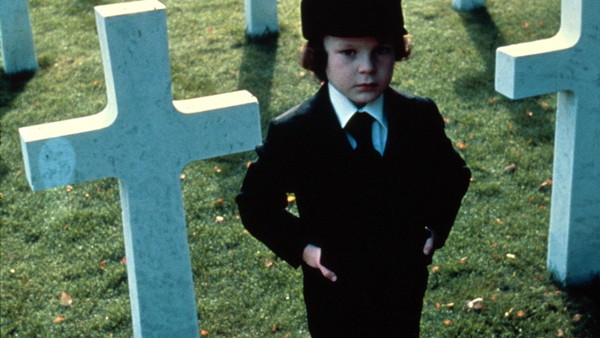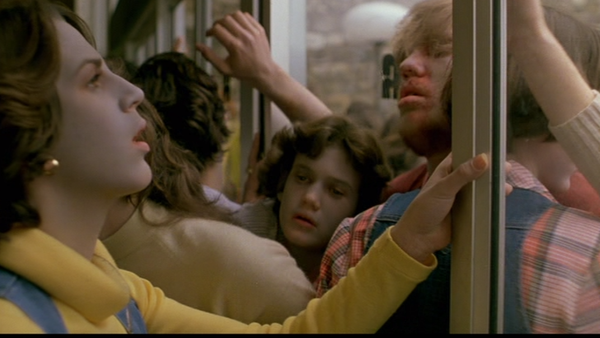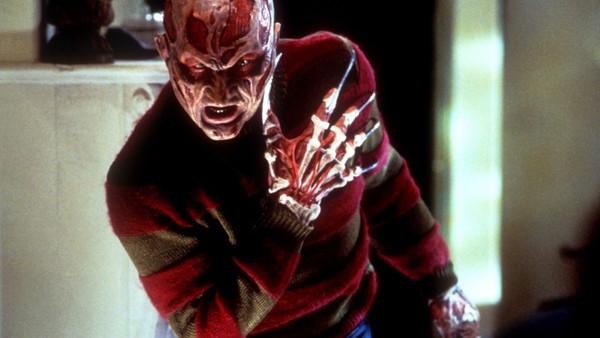100 Greatest Horror Movies Of All Time
28. The Omen

What is it about horrors and creepy children? Whether it’s the twins of The Shining’s Overlook Hotel or the children from the Village of the Damned, there’s nothing quite as scary as the very picture of innocence begetting a horrific chain of events.
Such is the case for 1976’s The Omen, starring Gregory Peck as the adoptive father of the Antichrist. Directed by Richard Donner, the film sees the eponymous figure in question, called Damien, wreak havoc on those around him. He murders his nanny, causes all sorts of horrible happenings to happen, and generally behaves as you’d expect the devil to at a young age.
The Omen may not be the 1970s' best supernatural horror, but there's no denying its atmosphere, or how terrifying Damien truly is.
[EP]
27. Dawn Of The Dead (1978)

10 years after he reinvented the zombie sub-genre, George Romero returned to tell another post-apocalyptic tale with Dawn of the Dead. A far more ambitious project than his previous effort, Dawn upped the ante in just about every department, from the gore to the sets to even the characters themselves. Gone are the charming (but dull) gang of survivors found in Night, swapped out instead for four people who aren't total idiots.
Well, who mostly aren't total idiots.
It's not exactly a horror comedy, but the director certainly has more fun with the zombies this time around. From the botched makeup which made them appear blue, to the quirky soundtrack, the creatures can be as pitiful as the brainless consumers they were metaphors for - but all that does is disarm you for the moment where Romero reminds you just how much of a threat they really are.
[JB]
26. Wes Craven's New Nightmare (1994)

Before he was apparently both "inventing" and reviving the Slasher genre with Scream, Wes Craven took the exact same principals of meta-awareness and genre trope skewering and made the best Freddy Kruger sequel yet released.
The sequel leaps out of the Elm Street canon for a more fun take on the character, reimagining Freddy as a movie villain who crosses over into the real world and haunts those responsible for making the films he starred in. Talk about your thinly veiled protest there, Wes.
This is as intelligent as Freddy has ever got (which is perhaps why it wasn't as widely understood as it should have been), with an ingrained comment on the effect of horror on those who watch it and it was massively ahead of its time.
[SG]